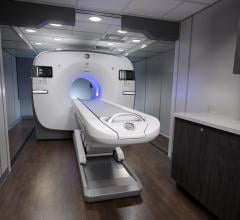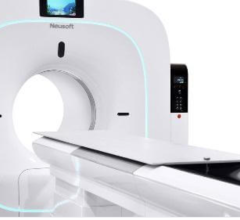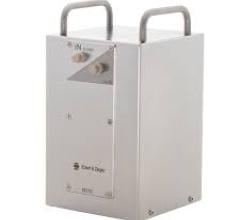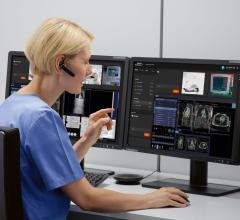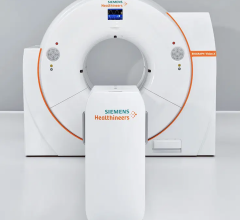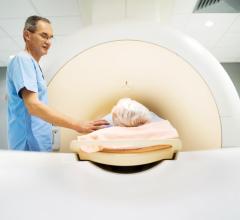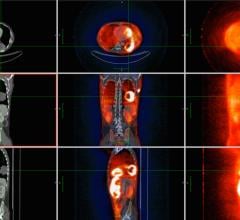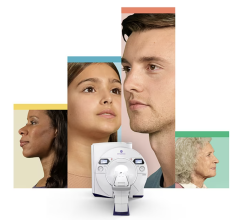October 20, 2008 — In response to a successful data collection effort by the National Oncologic PET Registry (NOPR) showing that positron emission tomography (PET) scans help save the lives of thousands of cancer patients annually, the Centers for Medicare and Medicaid Services (CMS) is weighing an expansion of coverage of PET for all types of cancer.
In concert with other nonprofit medical associations, SNM has worked closely with CMS over the past three years to increase access to these medically essential molecular imaging procedures used for the diagnosis, staging and restaging of cancer. Molecular imaging provides a rich portrait of exactly what is going on in a patient's body, offering a wealth of useful information to help shape a treatment plan.
"We believe it essential for patients that CMS adopt a comprehensive reimbursement policy for PET," said SNM President Robert W. Atcher, Ph.D., M.B.A. "We applaud CMS' decision to consider broadening coverage for PET—a vital, state-of-the-art technique that gives physicians critical information for patient care. Molecular imaging techniques, such as PET, can pinpoint the precise location of disease, give us specific information on the metabolic and physiologic status of the disease and enable physicians to target treatment and prevent unnecessary surgery."
NOPR was developed in response to a proposal from CMS to expand coverage for PET—using the radiotracer fluorodeoxyglucose (FDG-PET)—to include cancers and indications not presently eligible for Medicare reimbursement, including cancers of the ovary, uterus, prostate, pancreas, stomach, kidney and bladder. Medicare reimbursement for these cancers was provided if the patient's referring physician and provider submitted data to NOPR to assess the impact of PET on cancer patient management.
Since 2001, CMS has granted year-by-year changes in coverage for a wide spectrum of biologically diverse cancers. Overwhelmingly, evidence collected through NOPR shows that PET has significant advantages for diagnosing, staging and restaging many types of cancer. According to a study published this year in The Journal of Clinical Oncology, PET resulted in a change in management of treatment in more than one-third of cancer patients.
"We believe there is strong empirical evidence to support an omnibus cancer framework that would provide for coverage of PET across all oncologic indications for diagnosis, staging and restaging, including detection of suspected recurrence," said Barry Siegel, M.D., co-chair of the NOPR Working Group. "We propose to continue using NOPR to collect data on the value of PET for this purpose. We will continue to analyze additional data over a longer period."
In response to this positive data, NOPR formally asked CMS to reconsider the current National Coverage decision on oncologic use of FDG-PET and to end the data collection requirements for diagnosis, staging and restaging. CMS issued a Call for Comments for interested parties, including physicians, advocacy groups and imaging societies, to contribute additional information prior to a final reimbursement decision. The comment period ended Oct. 17, and a decision is expected early next year.
NOPR is sponsored by the Academy of Molecular Imaging (AMI), and managed by the American College of Radiology (ACR) and ACR Imaging Network (ACRIN). The registry received input from—and is endorsed by—ACR, the American Society for Clinical Oncology (ASCO) and SNM. The NOPR Working Group was chaired by Bruce Hillner, M.D., of Virginia Commonwealth University and co-chaired by Barry Siegel, M.D., Washington University; R. Edward Coleman, M.D., Duke University; and Anthony Shields, M.D., Wayne State University.
For more information: www.snm.org


 July 25, 2024
July 25, 2024 

